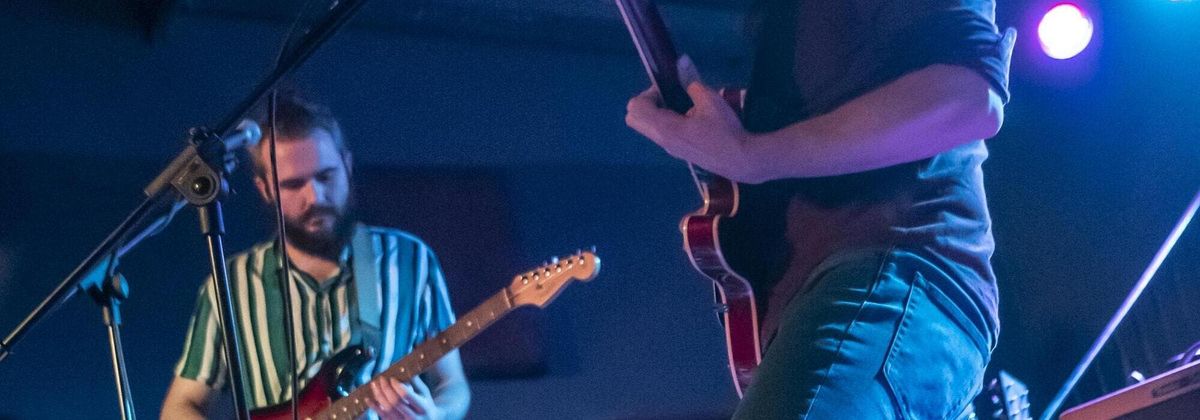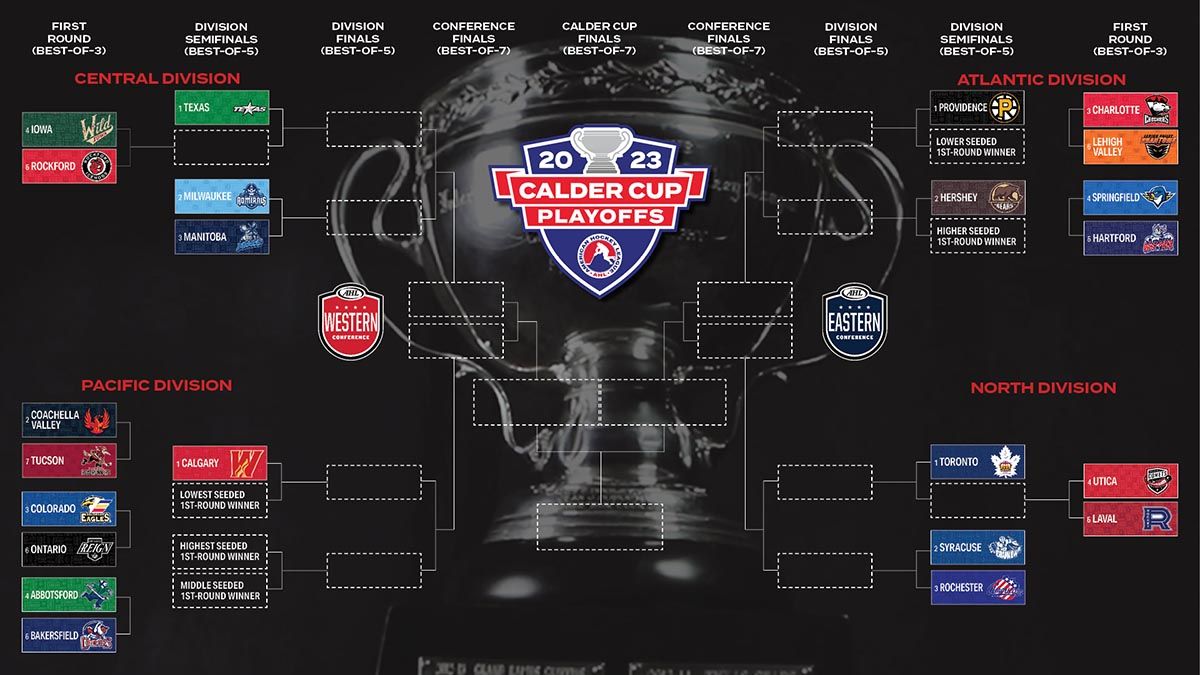
About this Event
During World War II, the United States forcibly relocated and incarcerated people of Japanese descent in ten concentration camps operated by the War Relocation Authority, mostly in the western interior of the country. Internment was intended to mitigate a security risk which Japanese Americans were believed to pose. These actions were initiated by Executive Order 9066, issued by President Franklin D. Roosevelt on February 19, 1942, following the outbreak of war with the Empire of Japan in December 1941.
Approximately 127,000 Japanese Americans then lived in the continental U.S., of which about 112,000 lived on the West Coast. About two-thirds were U.S. citizens comprised of Nisei (American-born Japanese with U.S. citizenship) and Sansei (the children of Nisei). The rest were Issei (immigrants born in Japan, who were ineligible for citizenship). Around 120,000 were interned in the camps. Interestingly, in Hawaii, where more than 150,000 Japanese Americans comprised more than one-third of the territory's population, only 1,200 to 1,800 were incarcerated.
The scale of the incarceration in proportion to the size of the Japanese American population far surpassed similar measures undertaken against German and Italian Americans who numbered in the millions and of whom some thousands were interned, most of these non-citizens.
Ron Kuramoto’s presentation will include exploration and discussion of the mass incarcerations of Japanese Americans from 1941 to 1946. Specific topics of emphasis will include:
Racially-Targeted Forced Homelessness: 125,284 Americans of Japanese descent of all ages were forcibly incarcerated and relocated without due process of law, habeus corpus, or legal representation solely because of their ancestry.
The Meaning of U.S. Citizenship: over 70,000 Japanese Americans incarcerated were United States citizens of whom over 33,000 voluntarily served in the U.S. military during World War II with over 800 killed in battle
Costs of Economic Racism: a 1983 congressional commission documented $12.6 billion (in 2025 dollars) of personal property, businesses, homes, and net income losses suffered by incarcerated Japanese Americans between 1941 and 1946.
Ron Kuramoto is listed as one of Wisconsin’s most influential Asian Americans. Last year, his presentation during Asian American History Month was listed as the #1 event to attend. He has served as Executive Director of Peace Learning Center of Milwaukee since June 2021. For four decades, he has served in numerous nonprofit organizations in both the Southern California and greater Milwaukee areas.
First Course
Teriyaki Salmon
Served with Pineapple, Bok Choy and Mushrooms,
Japanese Rice
Second Course
Trio of Sorbets with Cookie
Chef's Choice
Coffee & Tea Service
Event Venue & Nearby Stays
Woman's Club of Wisconsin, 813 East Kilbourn Avenue, Milwaukee, United States
USD 63.74












